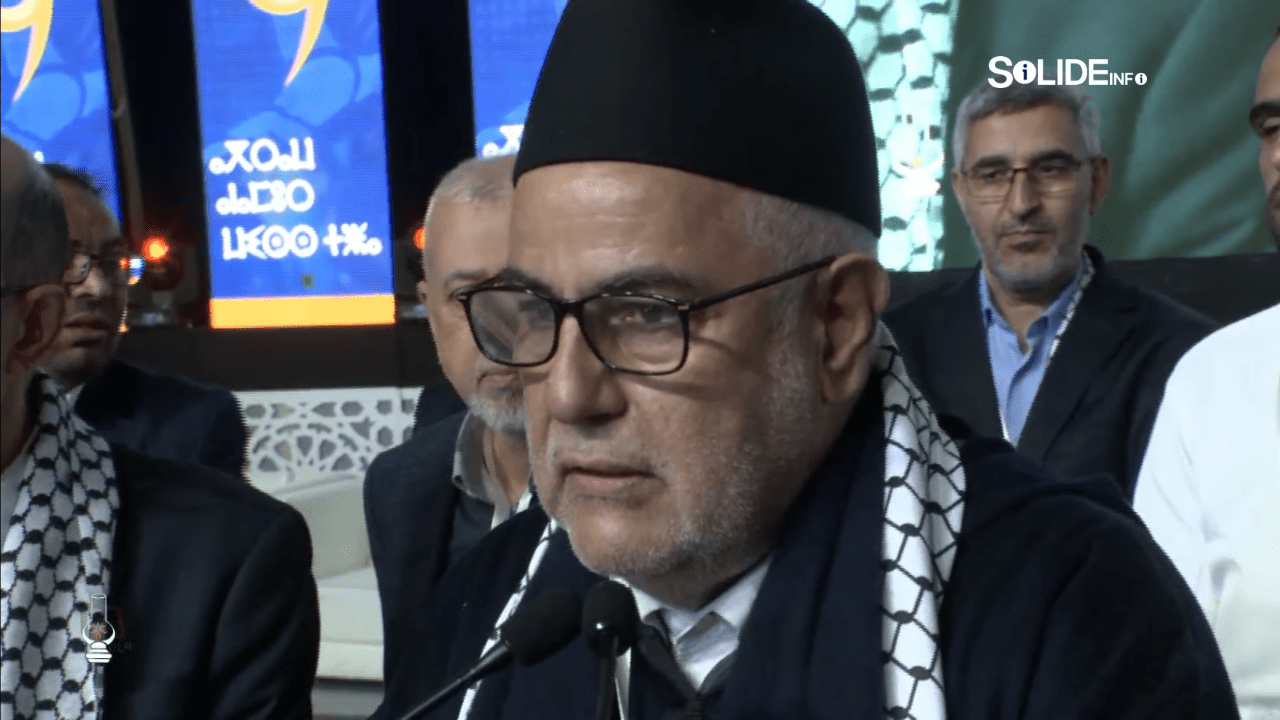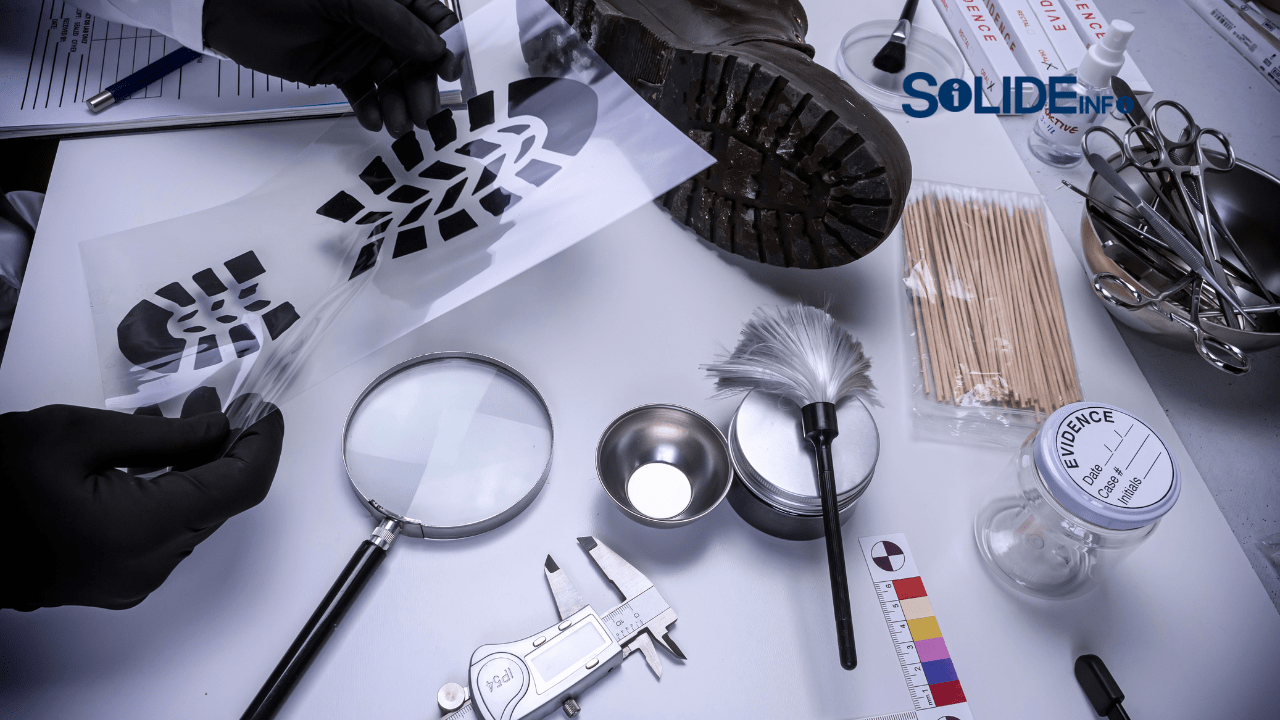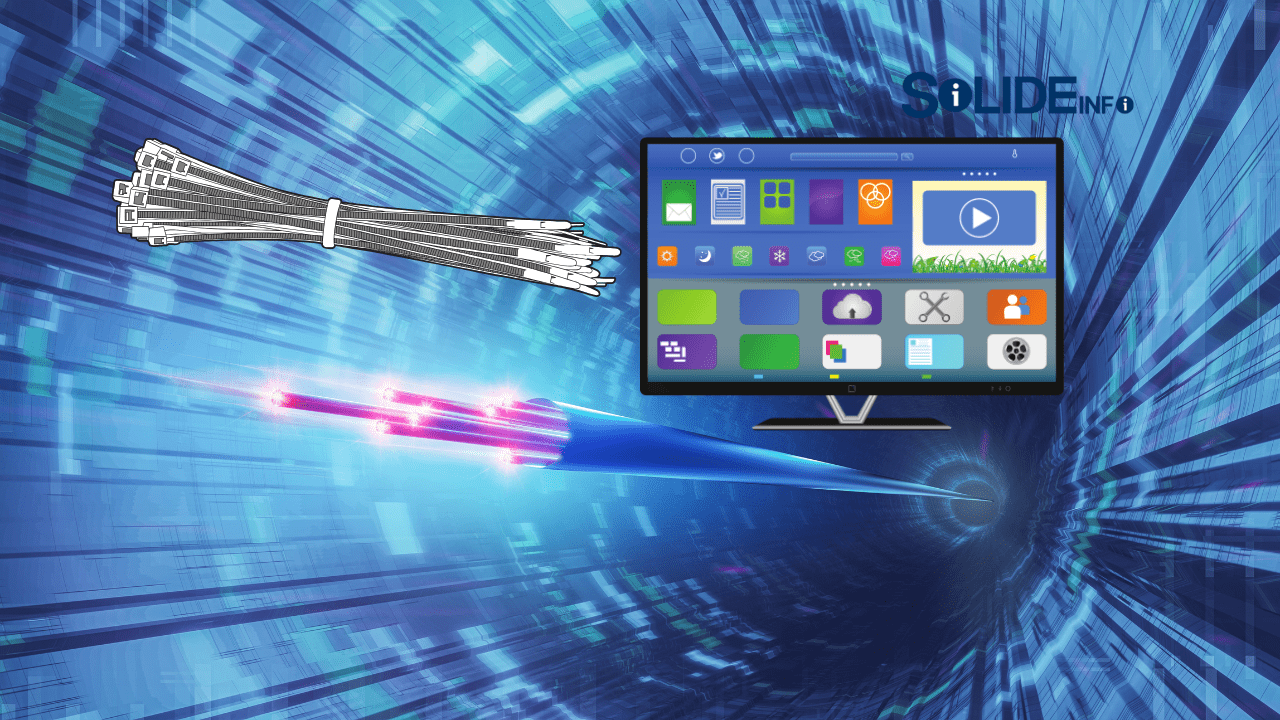The Moroccan political scene has once again witnessed a familiar face taking the lead. Abdelilah Benkirane, a significant figure in Moroccan politics, has been re-elected as the Secretary-General of the Justice and Development Party (PJD) during its ninth national congress. This important event, held in April 2025, sets the tone for the party’s direction as it prepares for upcoming political challenges. Benkirane’s return comes at a critical moment for the PJD, which seeks to rebuild its position after a challenging few years.
A Strong Mandate for Benkirane

In the elections held during the congress, the numbers clearly spoke in Benkirane’s favor. Out of 1,402 members who participated, 1,390 votes were considered valid while only 12 were canceled. Benkirane secured 974 votes, representing 69% of the valid ballots. His main competitors, Driss El Azami El Idrissi and Abdellah Bouanou, received 374 and 42 votes respectively. The result was a solid endorsement, reflecting strong internal support for Benkirane’s leadership and vision.
The PJD’s members seem to believe that Benkirane’s experience and charisma are what the party needs right now. After its defeat in the 2021 elections, the PJD has been working to redefine its strategies and reconnect with its base. Re-electing Benkirane sends a clear message that the party is betting on familiar leadership to restore its influence and address internal and external challenges.
The Road Ahead for the Justice and Development Party
The re-election of Abdelilah Benkirane is more than just a routine political event; it marks the beginning of a new chapter for the PJD. With legislative elections looming on the horizon, the party needs to present a united and strong image. Benkirane, known for his ability to communicate effectively with the public and navigate political turbulence, will be tasked with reshaping the PJD’s narrative.
The PJD’s journey since its political rise a decade ago has been filled with significant highs and painful lows. After leading the government for years, the party faced a major setback in 2021, losing most of its seats. This defeat raised serious questions about its future. Now, with Benkirane at the helm, the party has a chance to reflect on past mistakes, rejuvenate its message, and reconnect with voters, especially the younger generations who are demanding more transparency, innovation, and action.
What Benkirane’s Leadership Means for Morocco’s Political Landscape

Benkirane’s leadership is likely to bring a sense of familiarity but also renewed energy to the PJD. His political style is often marked by direct communication, emotional appeals, and a strong connection with grassroots supporters. His return might reinvigorate not just the party’s faithful but also the broader political debate in Morocco.
At a time when Moroccan politics is increasingly dynamic, having experienced leaders at the forefront of major parties could contribute to more vibrant discussions on key issues such as economic development, social justice, and democratic reforms. Benkirane’s challenge will be to adapt his message to the evolving expectations of Moroccans while maintaining the core values that originally brought the PJD to prominence.
Many observers will be closely watching how he plans to steer the party over the next four years. Will he focus on internal party reform, seek broader alliances, or push for major policy shifts? Only time will tell. However, his overwhelming victory at the congress shows he has the trust and backing needed to make bold moves if necessary.
In the coming months, Benkirane’s actions and strategies will be critical not just for the Justice and Development Party, but for Morocco’s political balance as a whole. His leadership will certainly shape the national conversation as the country prepares for new elections and continues its path of political and social development.



